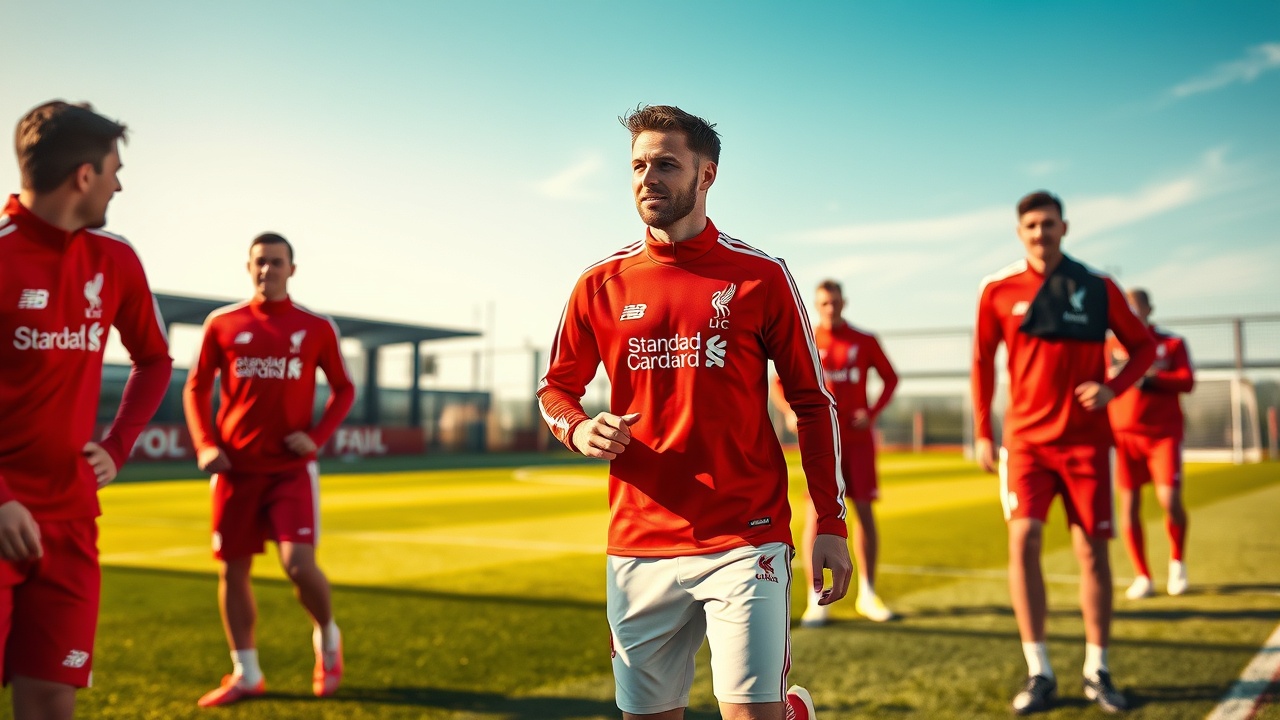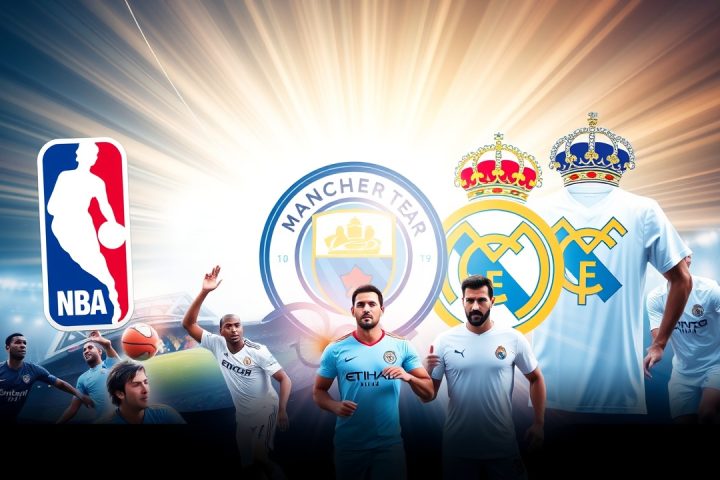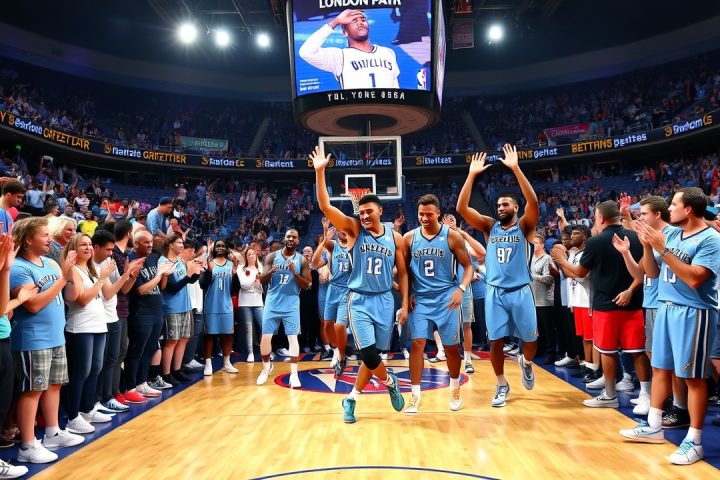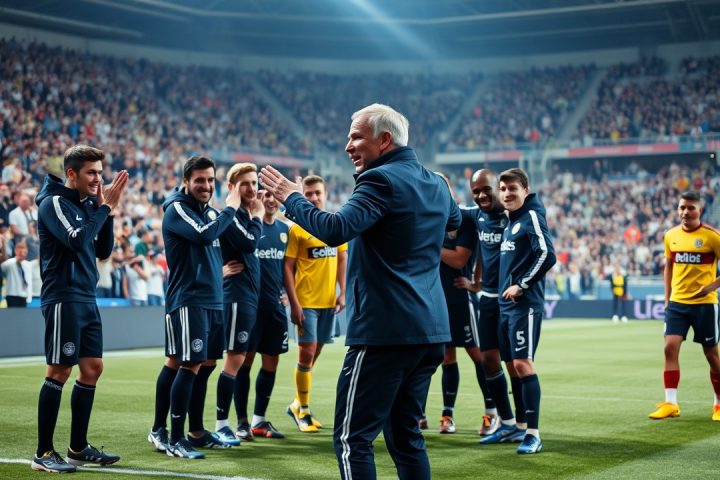Liverpool Football Club’s Summer Transfer Spending
Liverpool Football Club is currently making headlines for their significant spending in the summer transfer window, which has already exceeded £200 million ($268 million), especially with the addition of Valencia’s goalkeeper Giorgi Mamardashvili, who officially joined this month but agreed to his move last year. Recent developments have seen the club engaging in negotiations with Eintracht Frankfurt regarding Hugo Ekitike, a deal that could elevate their total expenditure to about £300 million. Just a day prior, Liverpool was linked with a blockbuster £120 million pursuit of Newcastle striker Alexander Isak. Should either transfer materialize, this would place Liverpool’s financial outlay just shy of Chelsea’s record-setting summer spend of over £400 million, thus marking one of the highest expenditures in English football history.
Financial Perspective and Historical Context
To put this astronomical figure into perspective, £200 million is sufficient for Liverpool to acquire an entire starting lineup of players similar to Sadio Mane, who was famously signed in 2016 for £30 million, establishing a record as the most expensive African footballer at that time. Mane’s arrival coincided with a pre-season tour to the United States, during which Klopp made headlines for expressing his disbelief at astronomical transfer fees reaching upwards of £100 million, famously stating that if such figures became standard, he would reconsider his career in football altogether. As he prepares to exit Liverpool in 2024, Klopp is on track to have maintained the lowest net spend among the English Premier League’s so-called ‘Big Six’. This dichotomy has led to accusations of hypocrisy from fans and observers as the club navigates its shifting financial strategies.
Ownership and Financial Strategy
Liverpool’s ownership, Fenway Sports Group (FSG), is often viewed as risk-averse, causing some discontent among supporters. However, the group has demonstrated a readiness to invest when circumstances call for it, funding both player acquisitions and salaries. Klopp’s success orchestrated at Liverpool can be attributed to shared objectives with the club’s management, emphasizing a strategy of refinancing through smart buys and sales. Ideally, they succeeded in leveraging high-profile sales like Philippe Coutinho to finance significant purchases such as Virgil van Dijk (£75 million) and Alisson Becker (£66.8 million), fostering a cycle of financial growth and success.
Achievements and Financial Growth
The trophies Liverpool secured under Klopp, including the Champions League and Premier League titles, not only bolstered the club’s reputation but also its financial standing, enabling them to command higher prices for their players while expanding their commercial reach. Anfield’s renovations further increased revenue streams, contributing to Liverpool’s position as one of England’s most financially robust clubs. The club has participated in Champions League football for six seasons out of seven, with recent guidance from coach Arne Slot helping Liverpool regain their status as champions despite a quieter transfer strategy the previous summer – a move that certainly appears either strategic or serendipitous.
Recent Financial Performance
The club’s latest financial report, filed at the end of May, indicated record earnings from the Premier League, demonstrating economic resilience, unlike during the pandemic-plagued 2020 season when spending needed to be curtailed. Even though Slot’s squad faced elimination in the previous Champions League from Paris Saint-Germain, their strong performance in the expanded group stages generated approximately £90 million in revenue.
Future Prospects and Player Movements
Despite considerable investments in new deals for stars like Virgil van Dijk and Mohamed Salah, Liverpool has also seen influxes of cash through player sales; this summer, two academy players were offloaded for around £45 million in pure profits, with potential for more departures in the pipeline. Considering the futures of players like Darwin Nunez and Luis Diaz, their market values remain pivotal as Liverpool explores additional forward options, especially after the club’s record acquisition of Florian Wirtz from Bayer Leverkusen for £100 million, a move meant to reposition themselves following recent triumphs.
Conclusion
While the unexpected passing of Diogo Jota highlights the sensitivities surrounding the acquisition of a new striker, the urgency for new talent only emphasizes Liverpool’s ongoing commitment to investment. Historical criticisms directed at FSG regarding a lack of responsiveness to past successes may now transform, as Liverpool navigates this transfer window hungry to stay ahead of their rivals, particularly Manchester City, in the competitive landscape of the Premier League.




